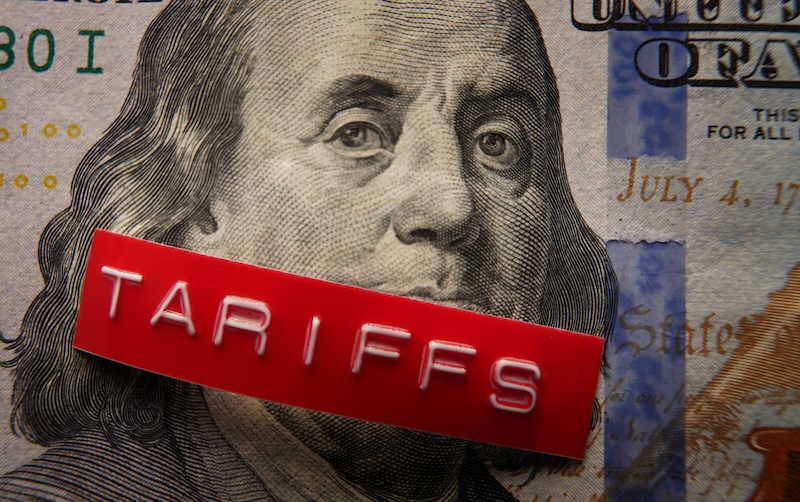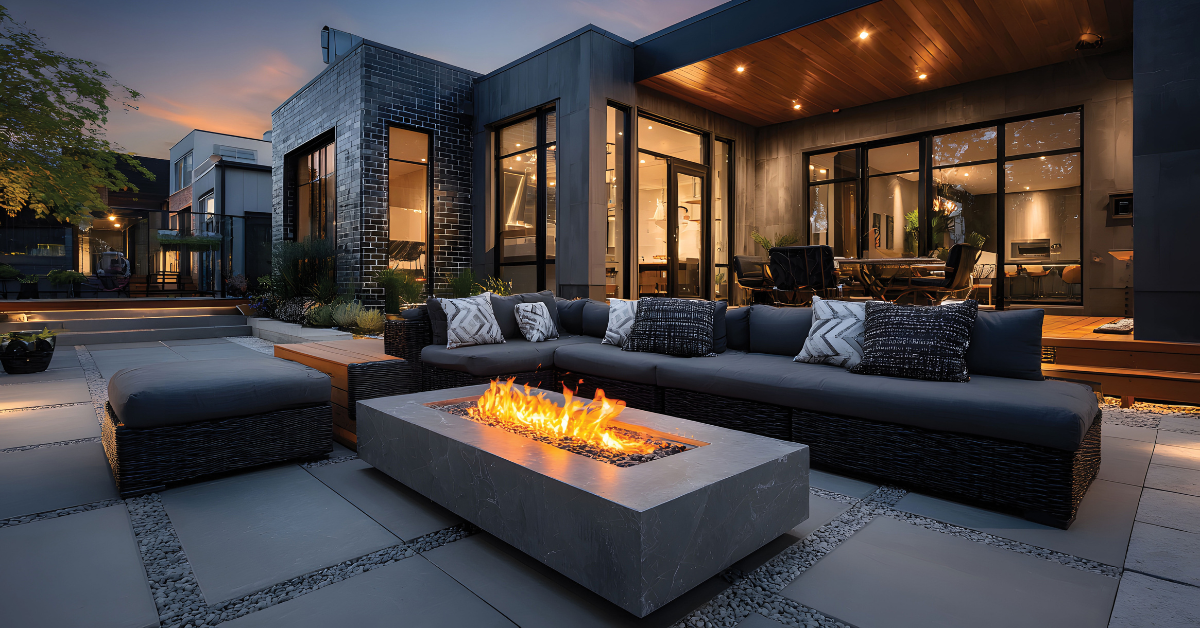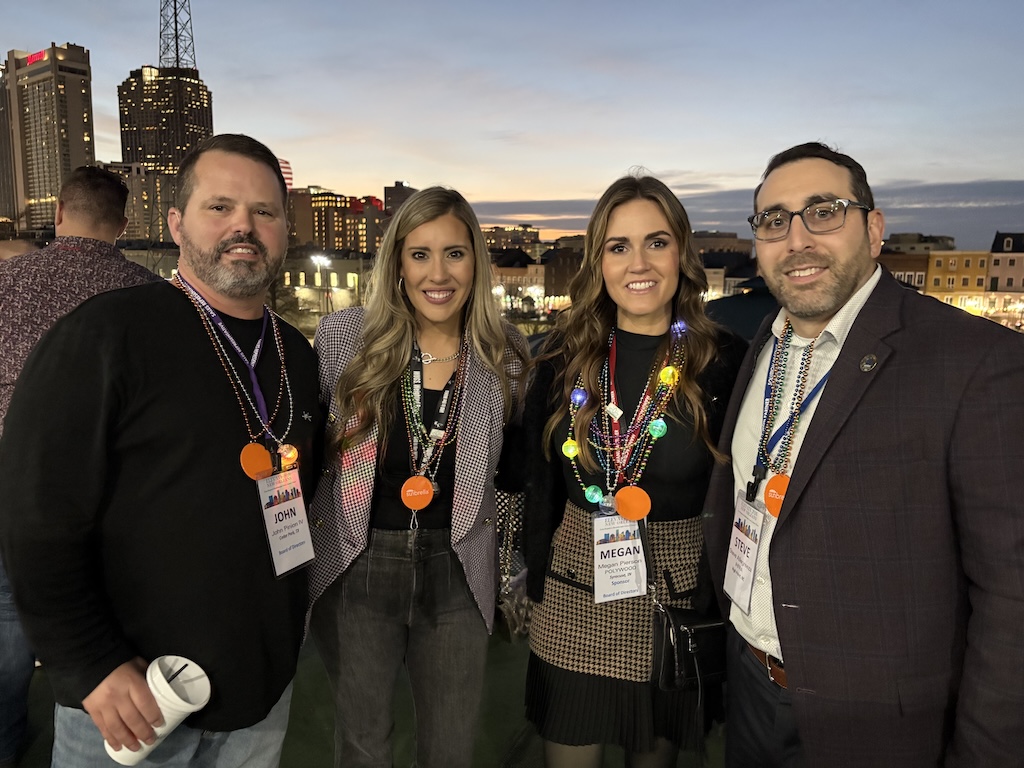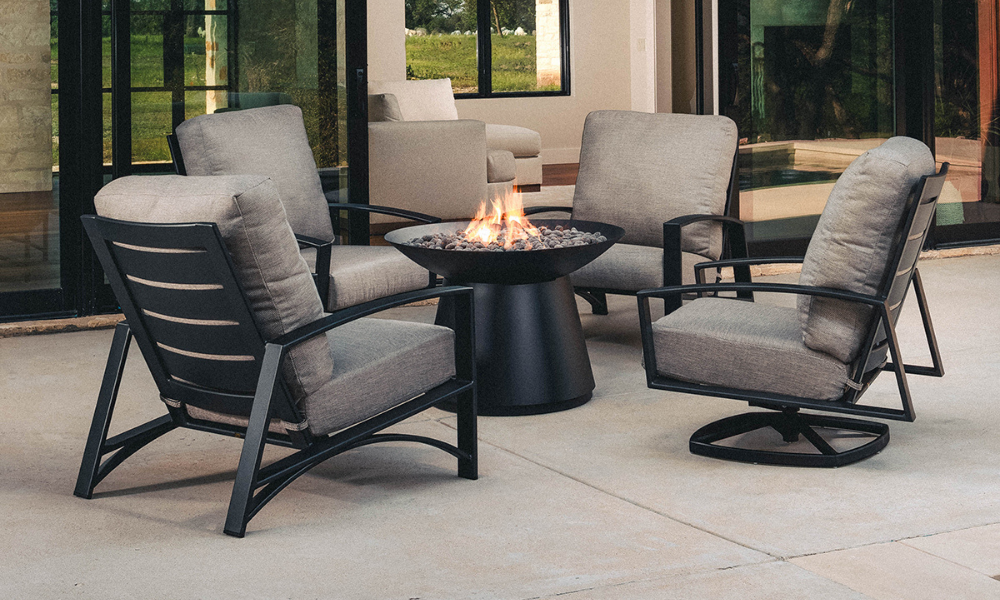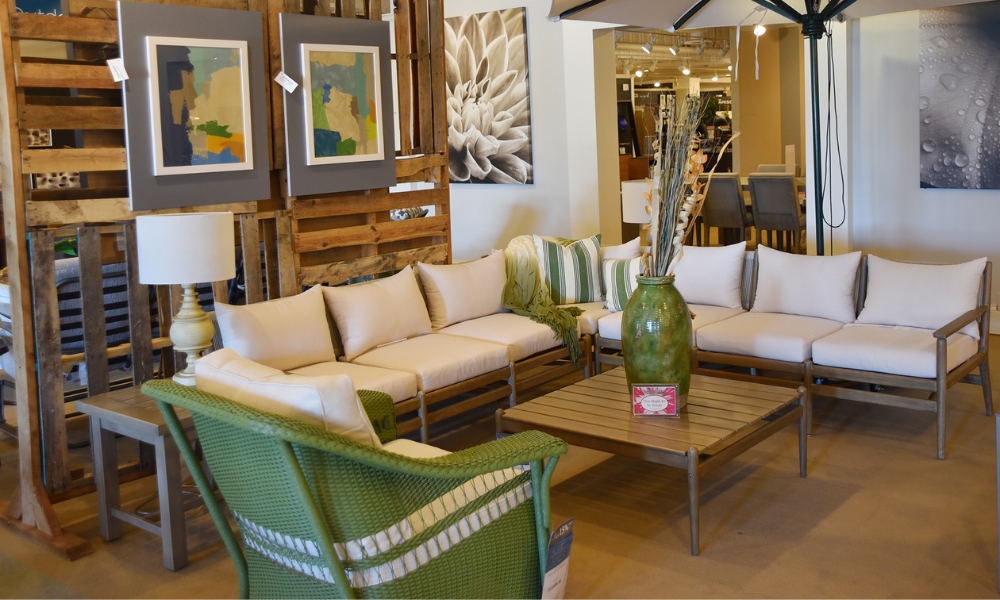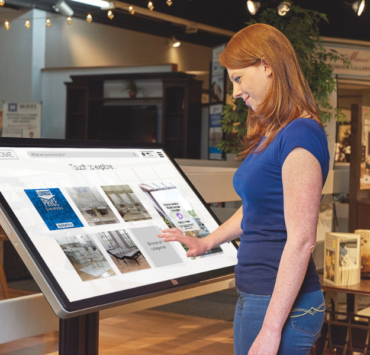The casual industry continues to be in a state of flux. Yet, even with potential tariffs and other economic factors threatening to throw a wrench in things, many are hopeful that next year will be successful.
“Retailers are in a stronger position than they were last year, but they’re still not at pre-Covid levels,” says Leisa McCollister, vice president of marketing for OW Lee. “Some dealers are still hesitant, but I think that after the first 100 days of the next president’s term, the industry will have a better idea of what to expect.”
She says the company is optimistic that it’s going to have a good special-order season this spring. For a domestic manufacturer like OW Lee, tariffs can drive business its way.
“Special orders will likely increase if the tariffs go through,” she adds. “Because most retailers have worked through their inventory, they can get back into special orders.”
Eli Hymer, buyer for Gasper Landscape Design & Construction in Pennsylvania, says the multi-store operation will be up nearly 25% for the year, compared to an 18% increase last year.
He says he’s worried about special orders. “Last year we were able to get special orders in a timely manner, but this year there have been multiple manufacturers who have had delays. And about 75% of our business is special orders.”
And he explains that potential tariffs are concerning — which is why he’s contacted most of his vendors to find out what their plans are.
“Many have moved production to Vietnam and can avoid the tariffs, but we already pay tariffs on China and to add to that would mean retailers end up paying the increase, and therefore consumers do as well,” Hymer adds. “It’s not good for anyone.”
Bryan Echols, senior vice president of sales and marketing at Lloyd Flanders, says the company has been in touch with partner manufacturers overseas who are taking steps to have alternative plans in place if the tariffs hit. Otherwise, he’s expecting a robust season for the company.
“We had a fairly good stock buy season and we’re taking steps now to make sure we’re ready to roll with special orders being filled with normal lead times,” he says. “If tariffs do hit, we want to be able to turn our factory up even higher than it normally is. We had some great learning experiences through Covid, and we’re taking those lessons into the new year in case we do need to ramp up production further on the domestic side of our business.”
As we prepare for 2025, optimism is the word on everyone’s mind. The industry has been challenged before, and now many are ready to weather whatever storms may be coming next year.

